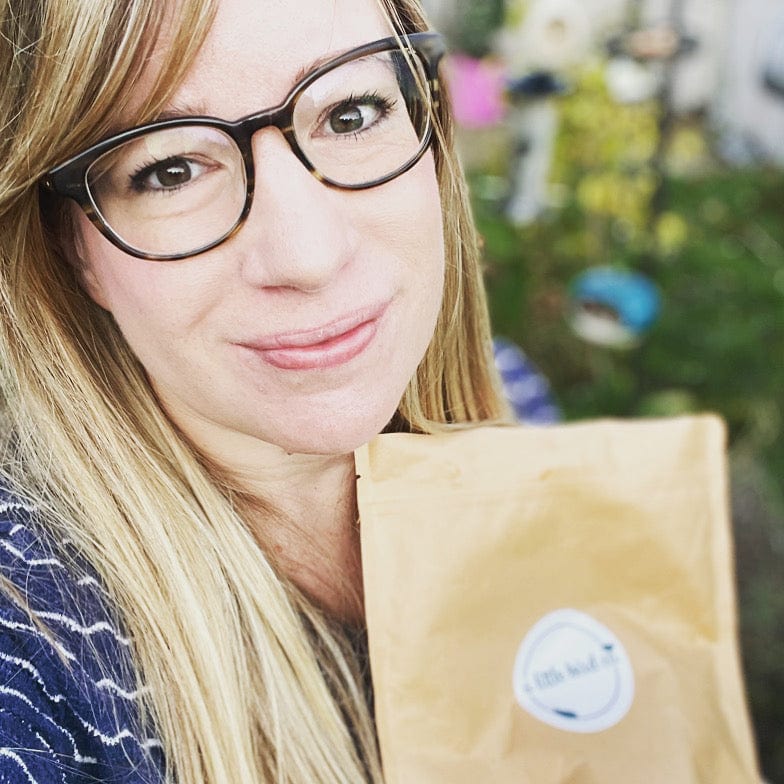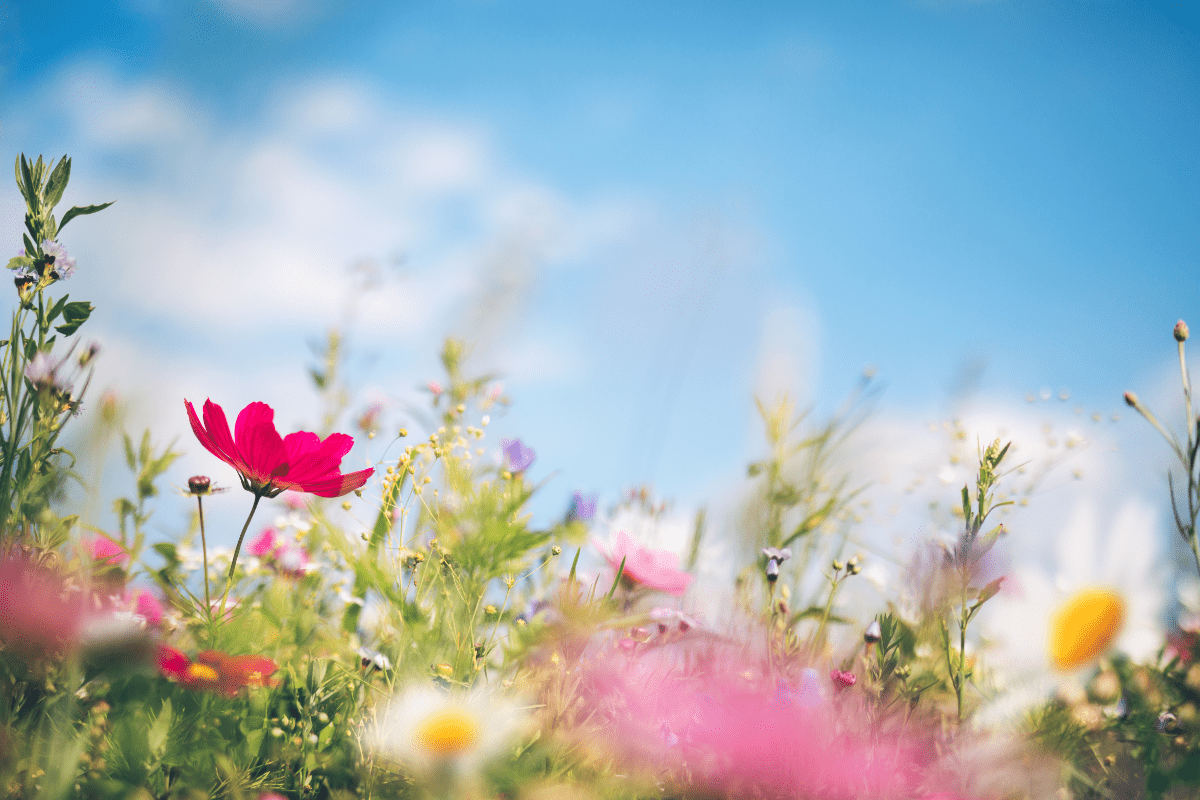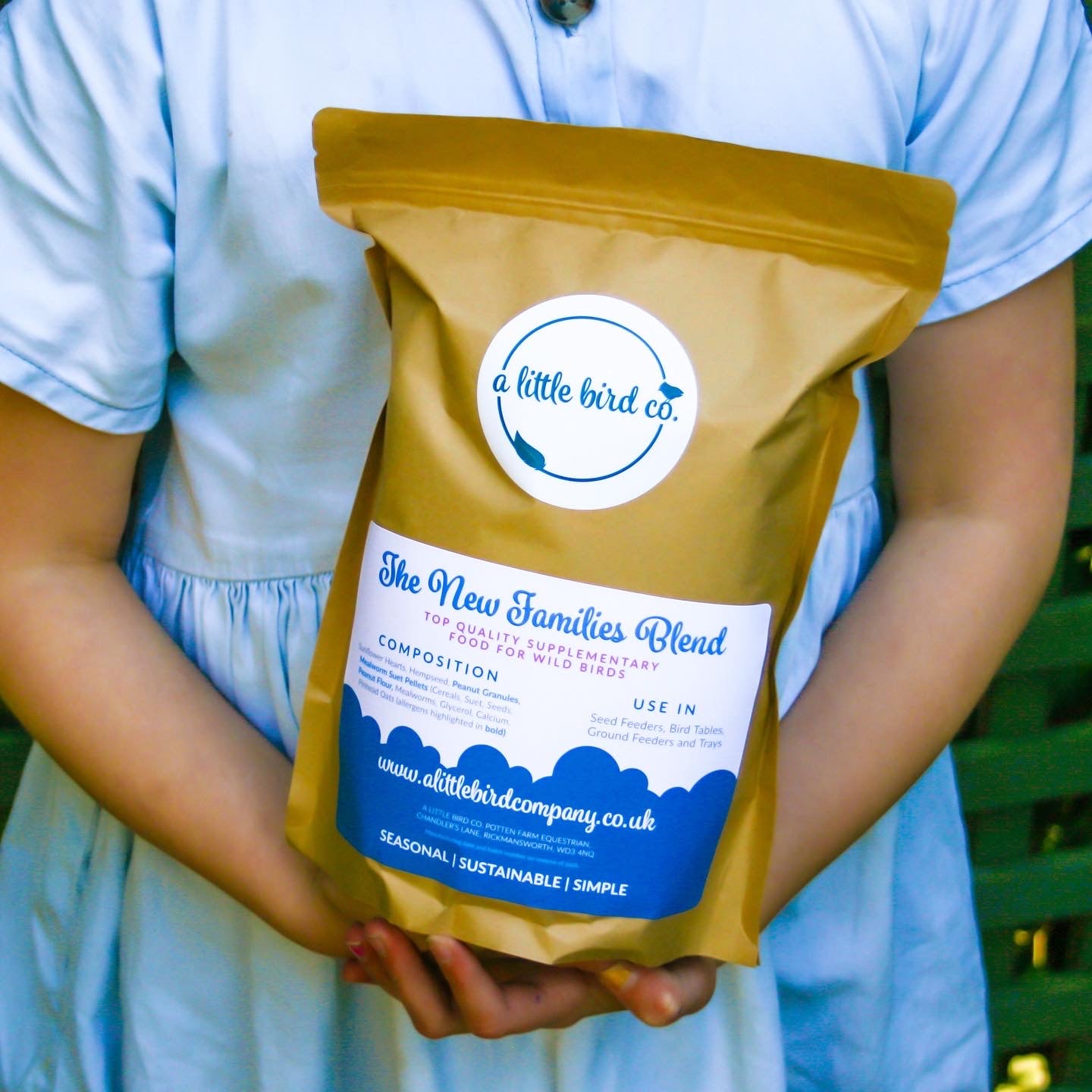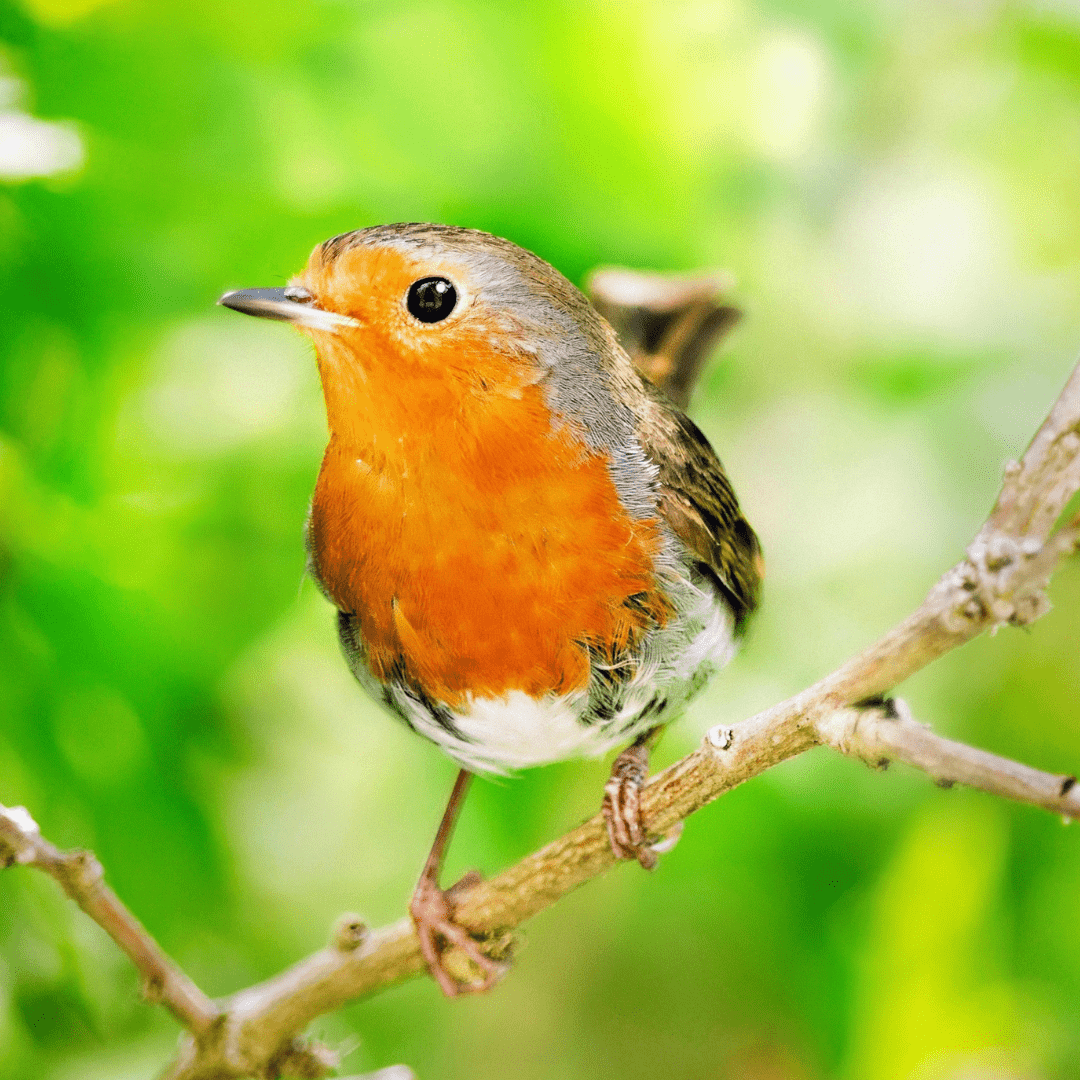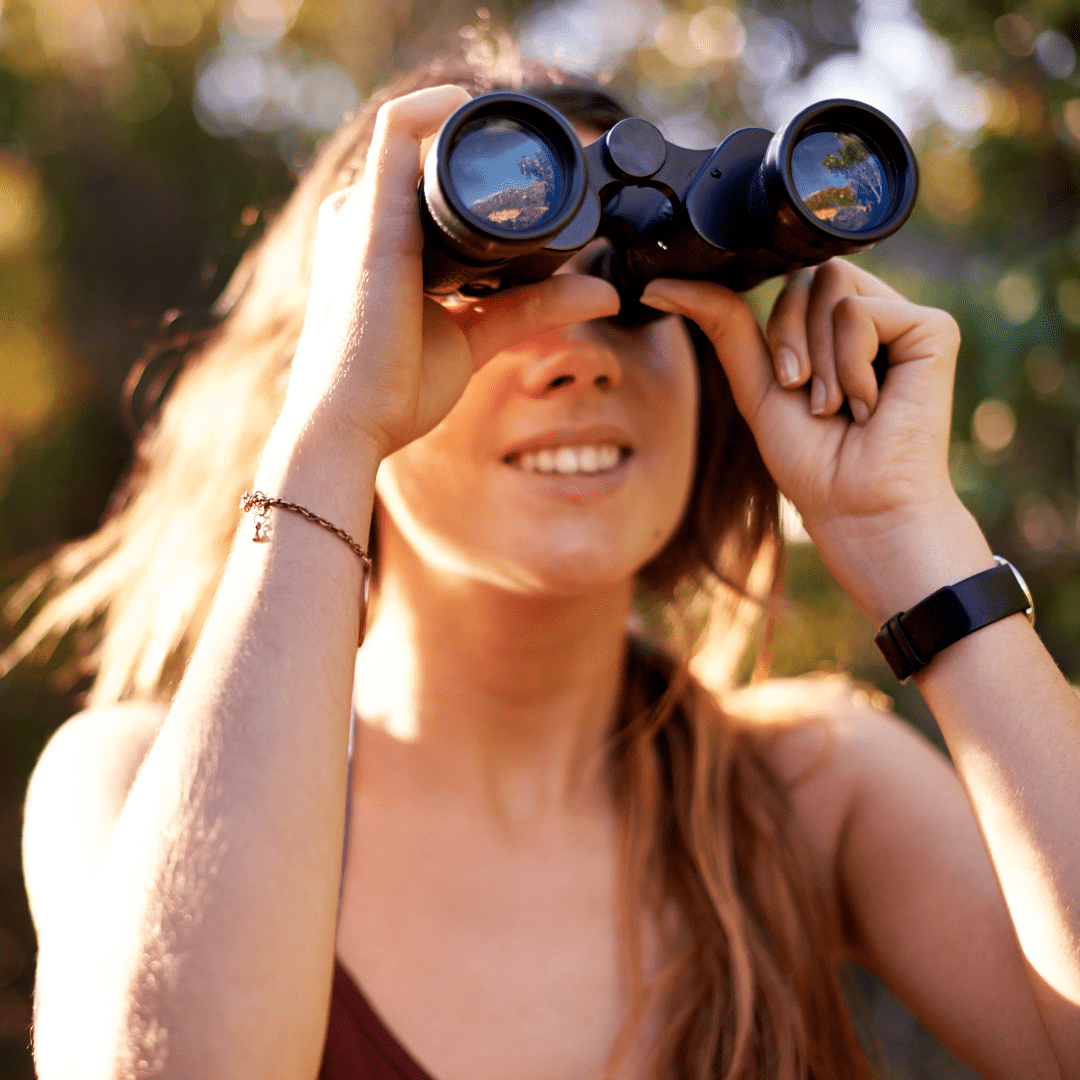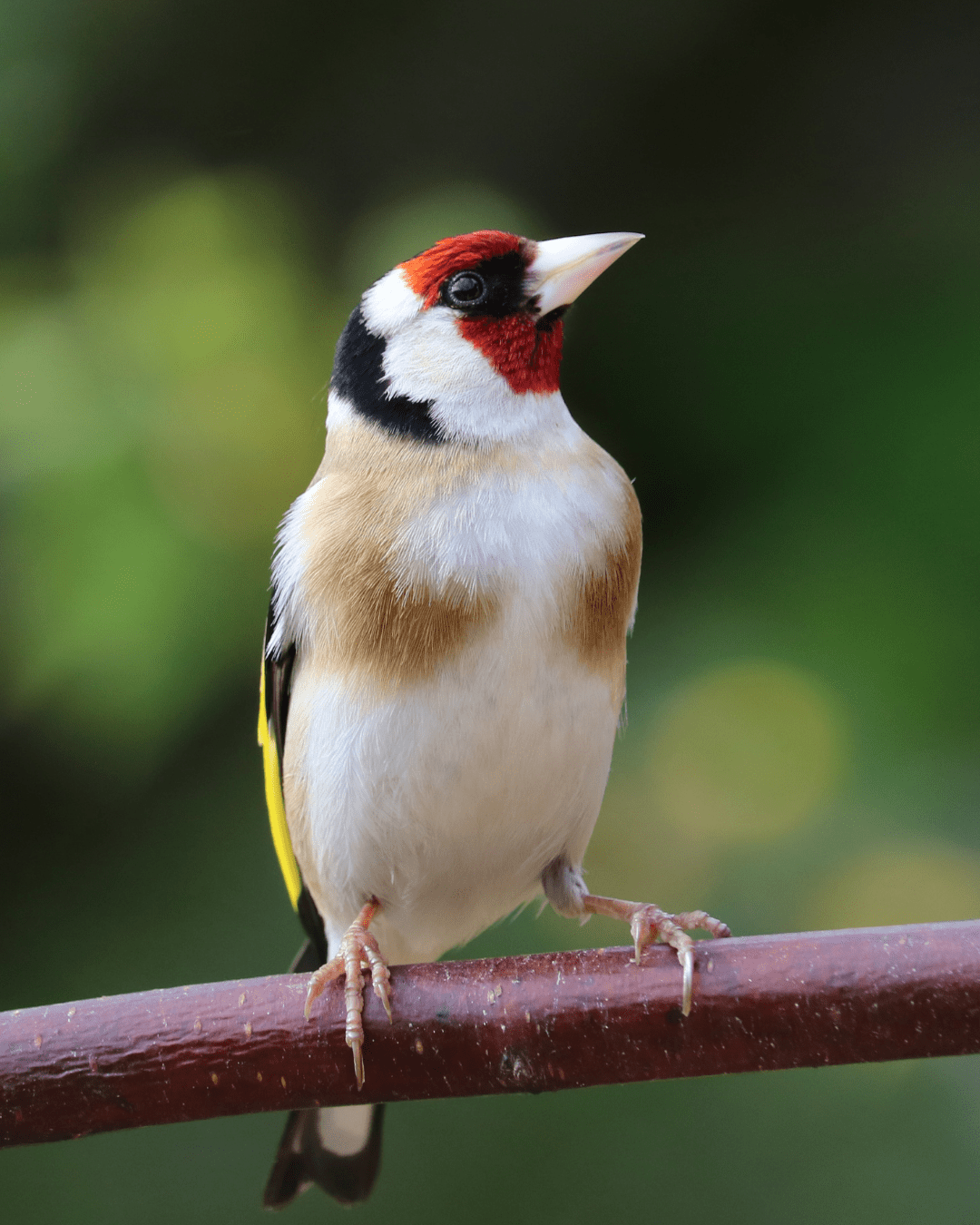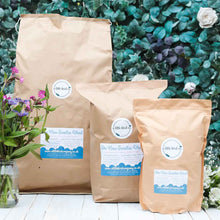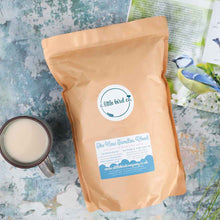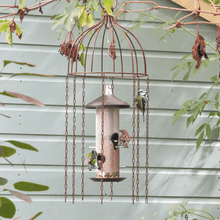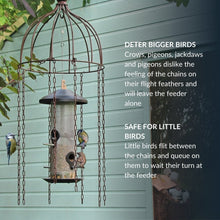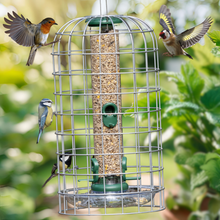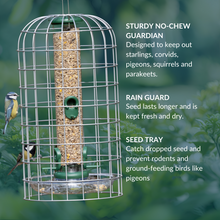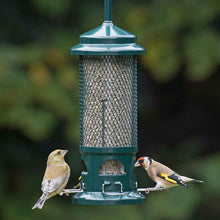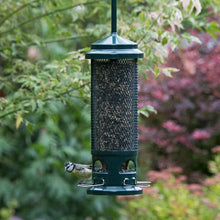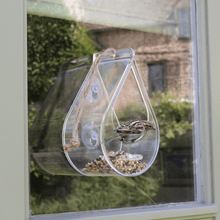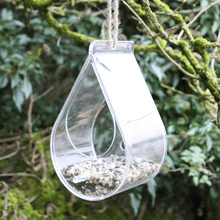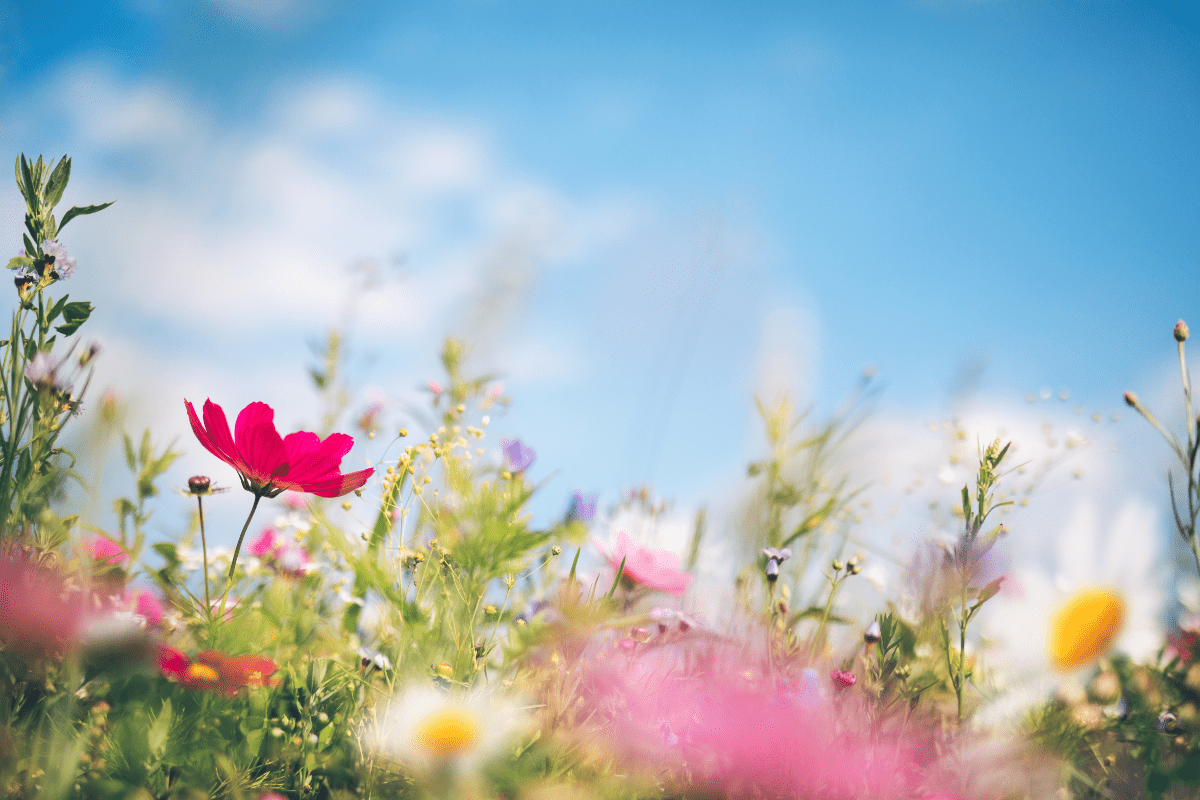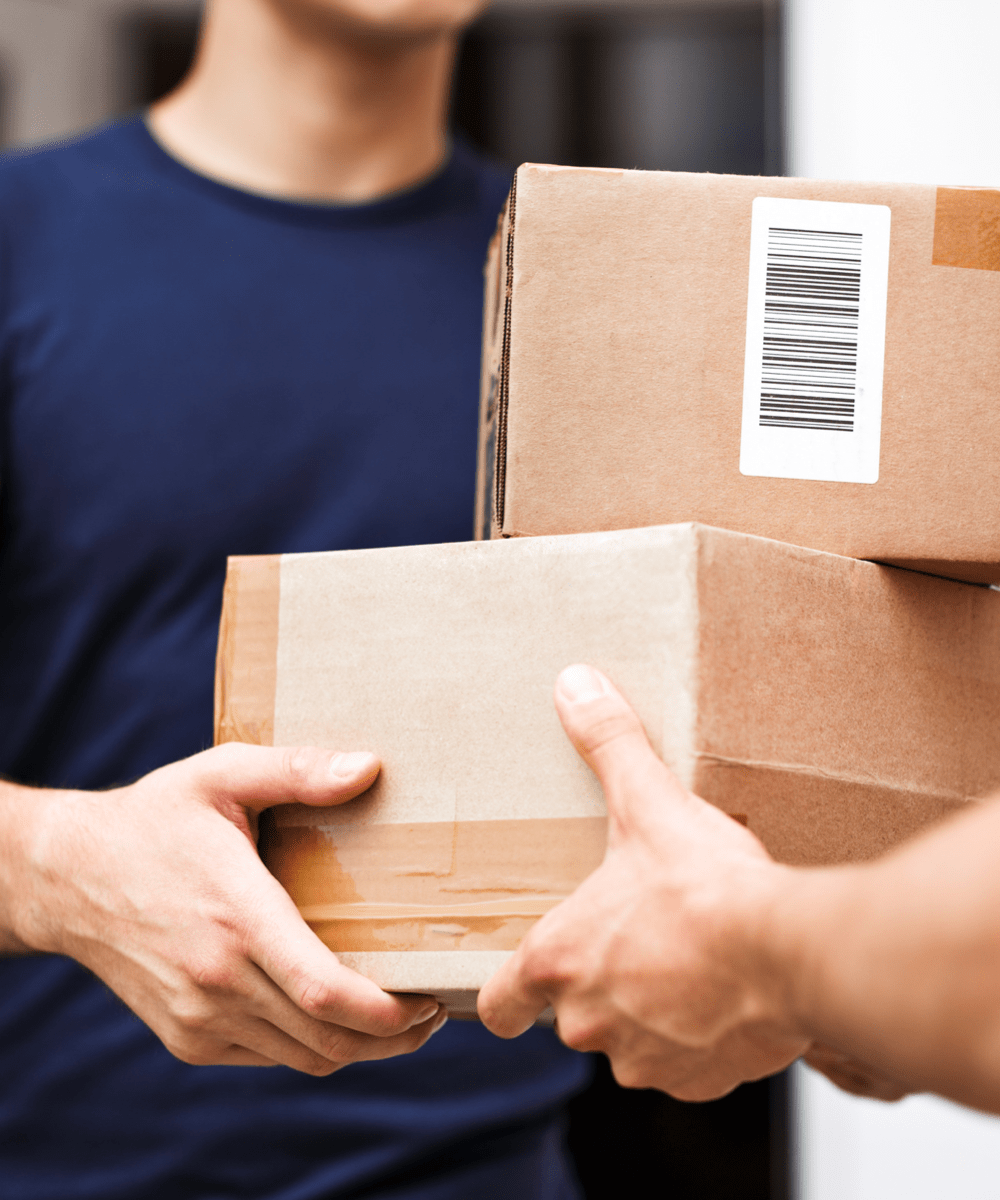First Time Bird Feeding: Q&A
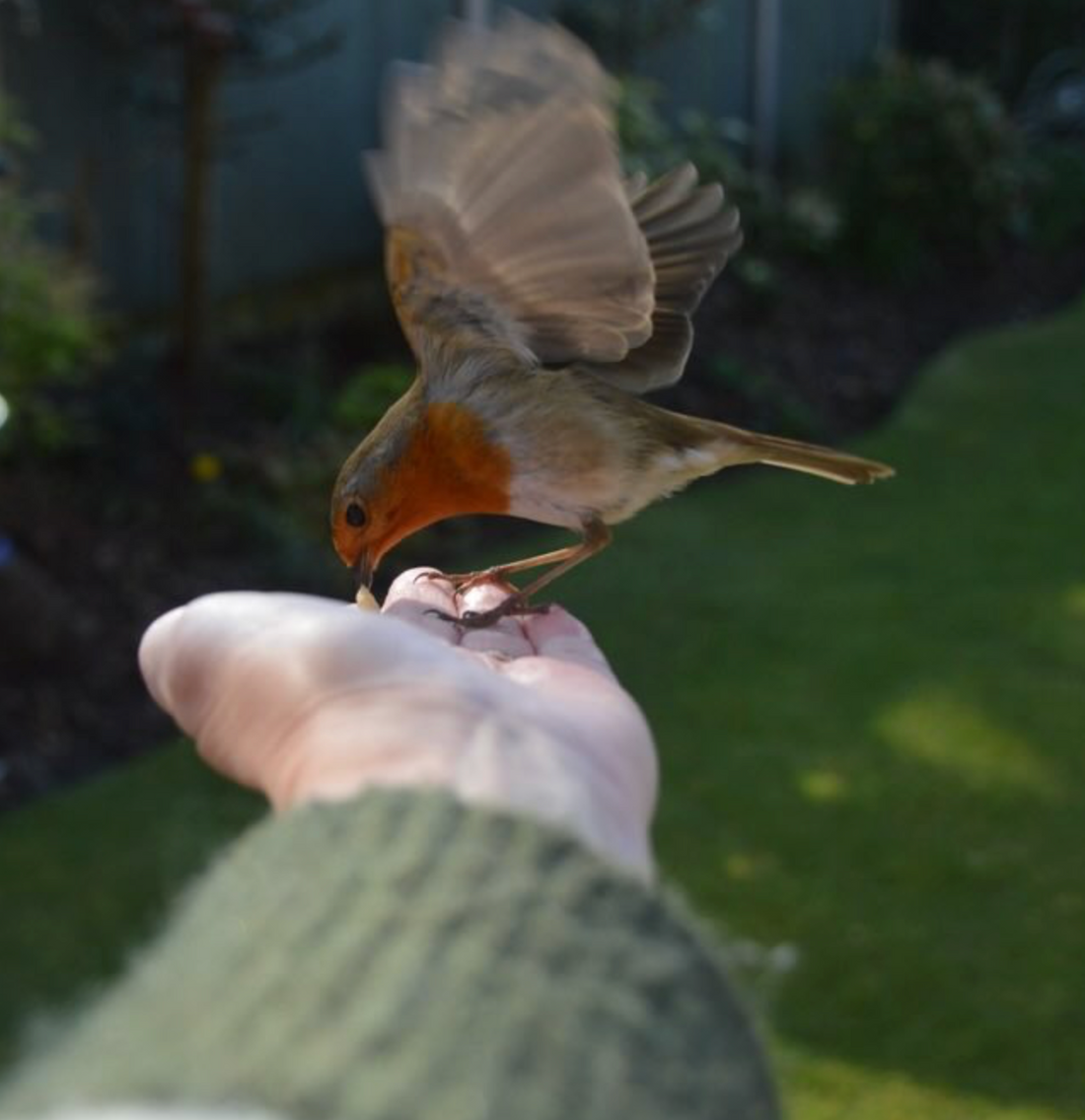
Feeding the birds can feel daunting at first - we want to make sure we don’t make any mistakes or do anything that could hinder (rather than help) the birds we bring to our garden. That’s why we’re answering all the questions first-time feeders might have so we can help you start welcoming more wildlife into your garden in the best way possible!
Should you feed birds all year round?
Yes! Feeding birds all year round is recommended by the RSPB and the BTO. Birds need nourishment throughout the year. Our bird food mix is seasonal, meaning we include everything the birds in your garden need depending on the time of year. A regular supply of food throughout the seasons will let the birds know that your garden is a reliable source of food and they will know to turn to you in the cold weather.
Can you feed birds even if you have a cat?
Yes! Of course it can be a worry for cat-owners who may be concerned their cat could cause harm to the birds visiting the garden. Simple steps can be taken to prevent this including placing your feeders above ground level using hanging feeders or bird tables, placing prickly vegetation around the base of the feeder, spacing the food out in your garden to encourage a flock of birds as opposed to just one and using nest boxes which are tricky for cats to get into. Birds are most active the hour after sunrise and then before sunset, so keeping your cat indoors and ensuring they are well fed during those times will help, as will adding a bell to their collar. Although some cats do kill birds, the RSPB say there is no evidence this impacts bird populations on a national scale. Providing feeding and nesting opportunities in the garden is so important and outweighs the risk posed by your feline friends. The birds most in decline in the UK rarely encounter cats, but the most abundant birds have increased in numbers in our gardens despite encountering cats on a daily basis.
How to stop pigeons eating bird food
Pigeons can be a problem to people wanting to encourage more wild birds into their gardens, as they can eat all the food quickly until there’s no more left, leaving none for other birds to eat. To deter pigeons from eating all your bird food, use straight, hanging feeders with small perches which are hard for pigeons to feed from - they prefer a flat, horizontal space to land and feed. Our popular rain guard can be positioned so that the pigeons can’t fit beneath it to access your feeder. If you don’t want to invest in a new feeder, putting out bird food that pigeons aren’t so keen on is another option. This includes sunflower hearts, fat balls/suet and nyjer seed.
How to stop squirrels eating bird food
The best way to deter squirrels is to invest in a squirrel-proof bird feeder like our popular Squirrel Buster, which is weight activated and closes access to the feeding ports when the squirrel jumps on to the feeder.. If you want to just squirrel-proof your current feeder pole, you can add one of our Squirrel Proof Trays beneath your feeder to prevent squirrels climbing up.
Where should I hang my bird feeder?
Smaller birds will only feed where they feel safe. Placing your bird feeder at around head height is a great start, ideally near some shelter like trees or shrubs.
How often should I fill up my bird feeder?
Keeping your feeder full is essential to letting birds know you are providing a reliable source of food. A lively feeding station full of birds will attract more to come and feed, especially when the feeders are full. Some feeders can be empty within a matter of hours, so buying a larger feeder is sometimes a better alternative than filling your feeder every few hours! When starting out it is often enough to add a handful of food to the feeder every few days, emptying any uneaten food out each time you refill. As the birds start to find your feeder, you can put food out daily as needed.
How to clean a bird feeder
Old bird seed that decomposes on a bird feeder can put birds off feeding there, or worse, make them ill. Brush off uneaten food before washing your feeder with very hot, soapy water, and then rinse it well. You can soak the cleaned feeders in a 5% bleach solution for ten minutes or a mix of white vinegar and warm, soapy water for up to an hour. Rinse the feeders well under running water and let them air dry before refilling. For your own safety, I always recommend cleaning your bird feeders in the garden rather than the house.
Why aren’t birds coming to my bird feeder?
A common problem when you begin bird feeding is the concern no birds will visit. This can be for many reasons such as your feeder not being in the right location in the garden, ideally this needs to be placed above ground near shelter like a tree. Other reasons why birds might not come to feed include better options close by, using poor quality bird feed, pets or potential predators are deterring them from perching to feed.
Where should I hang my nest box?
Placement of a nest box is often determined by the type of bird you want to attract. Nest boxes differ for different birds and each bird has various preferences when it comes to choosing their nesting location. You ideally want to ensure that the nest box is in a sheltered position, protected from rain and wind and facing between North and East. Your nest box should be attached securely to a wall, fence or tree and between 1.5m and 3m from the ground to ensure the birds are safe from predators. If you have more than one next box in your garden it is a good idea to make sure they are spaced well apart as birds are territorial and won’t like nesting close to one another. It is also a good idea to position your nest box away from your bird feeding stations, as the noise from the feeders might scare off nesting birds.
Feeding the birds is such a brilliant way to enjoy connecting with the wildlife outside your window and so beneficial to the birds. Get started today with a bird food subscription from A Little Bird Company.
Which nesting materials should I put out?
Many nesting materials are natural for birds, if you want to ensure they’re placed out for birds to access easier, they like to use twigs and leaves, grass clippings, animal grooming fur, straw, moss, pine needles and much more. Don’t worry if the birds don’t use everything you have to offer - they are selective on what will protect their eggs the best.

